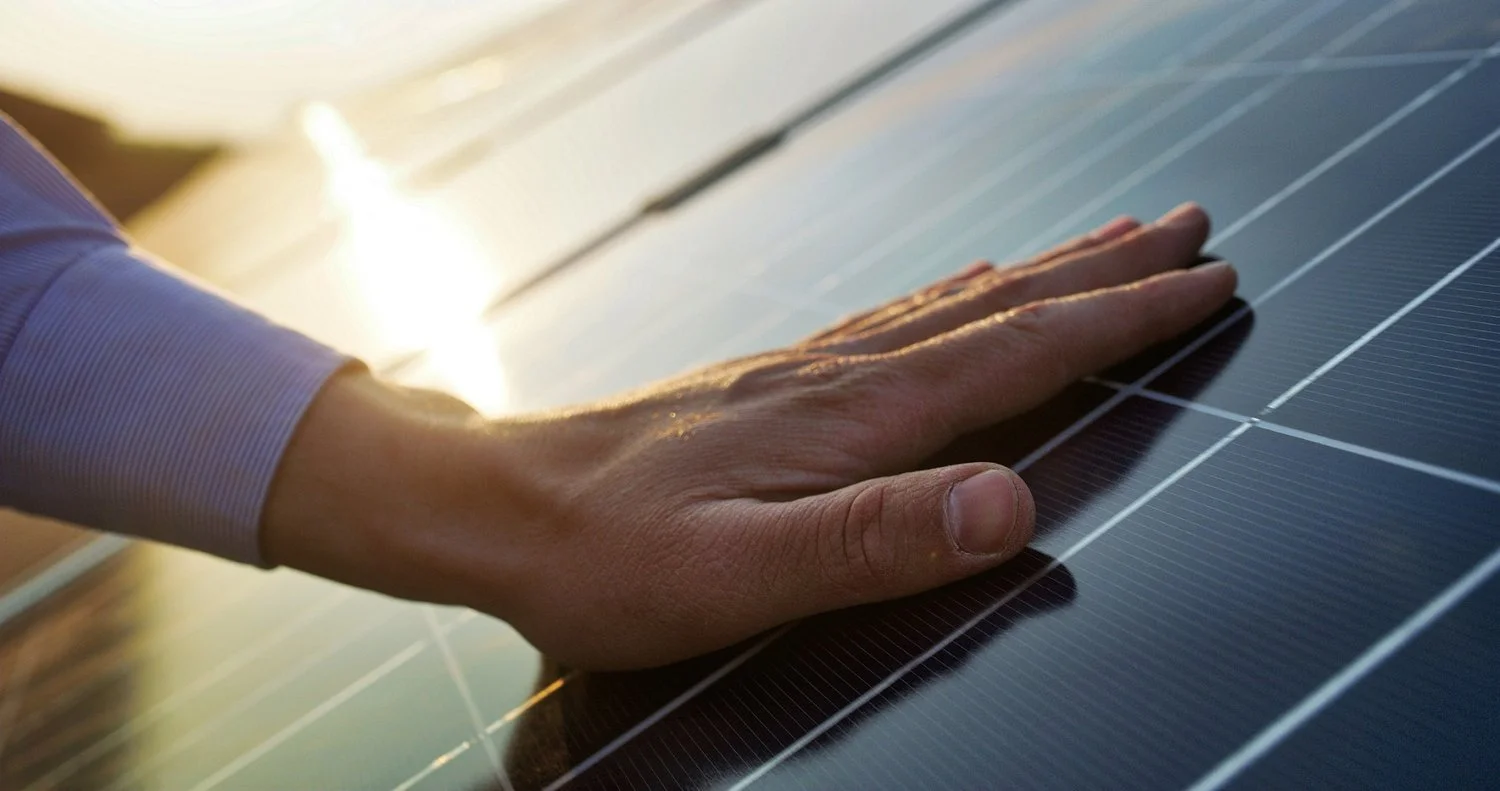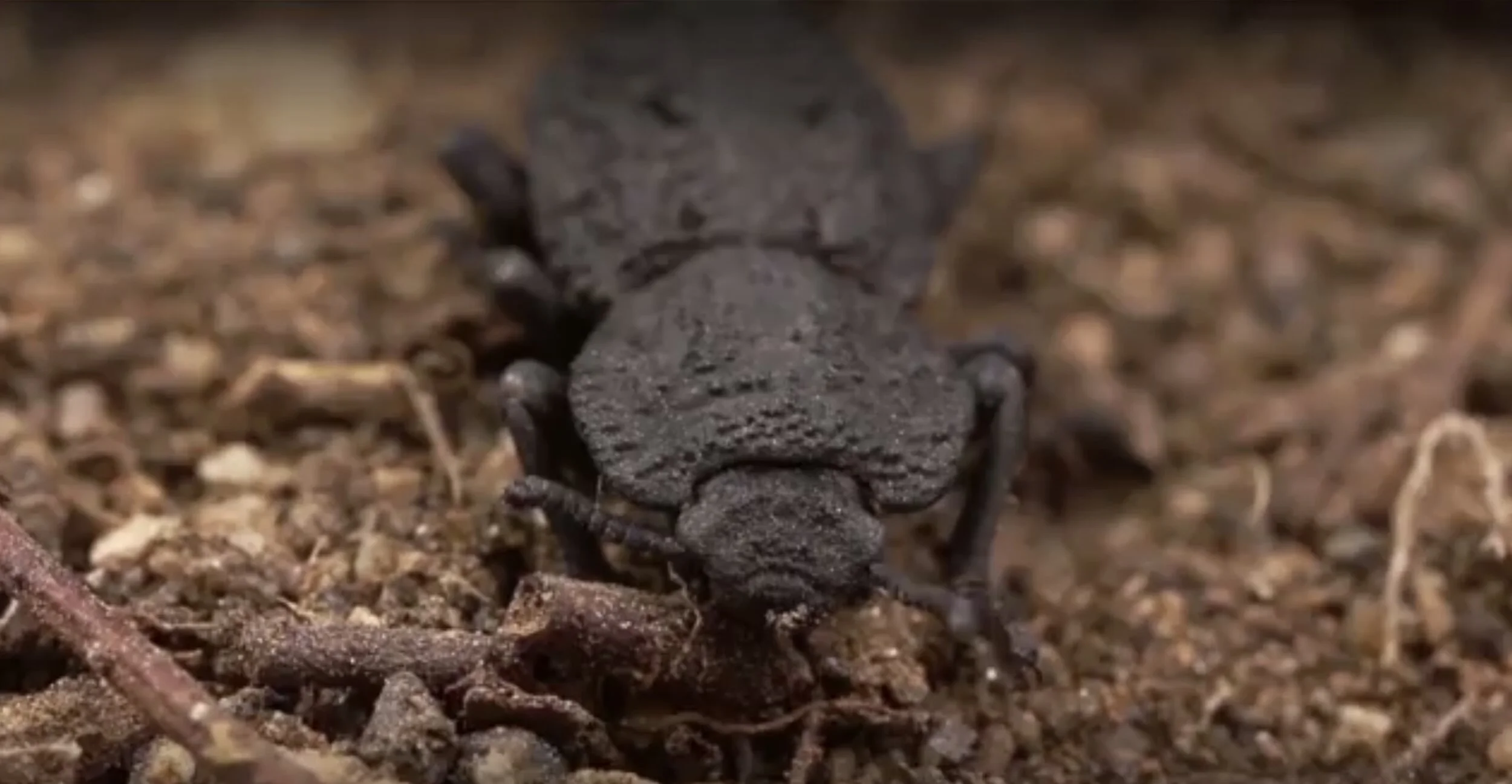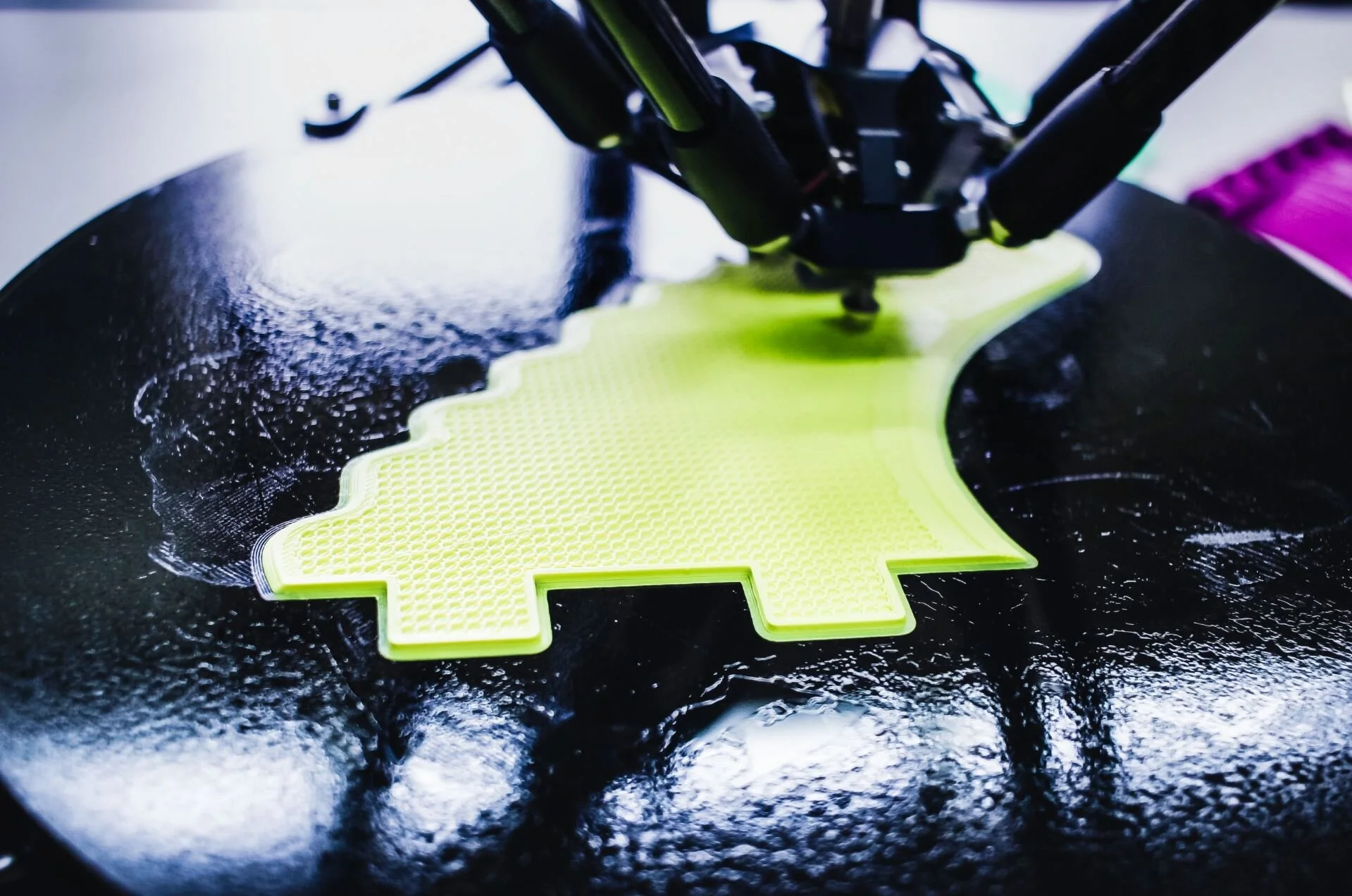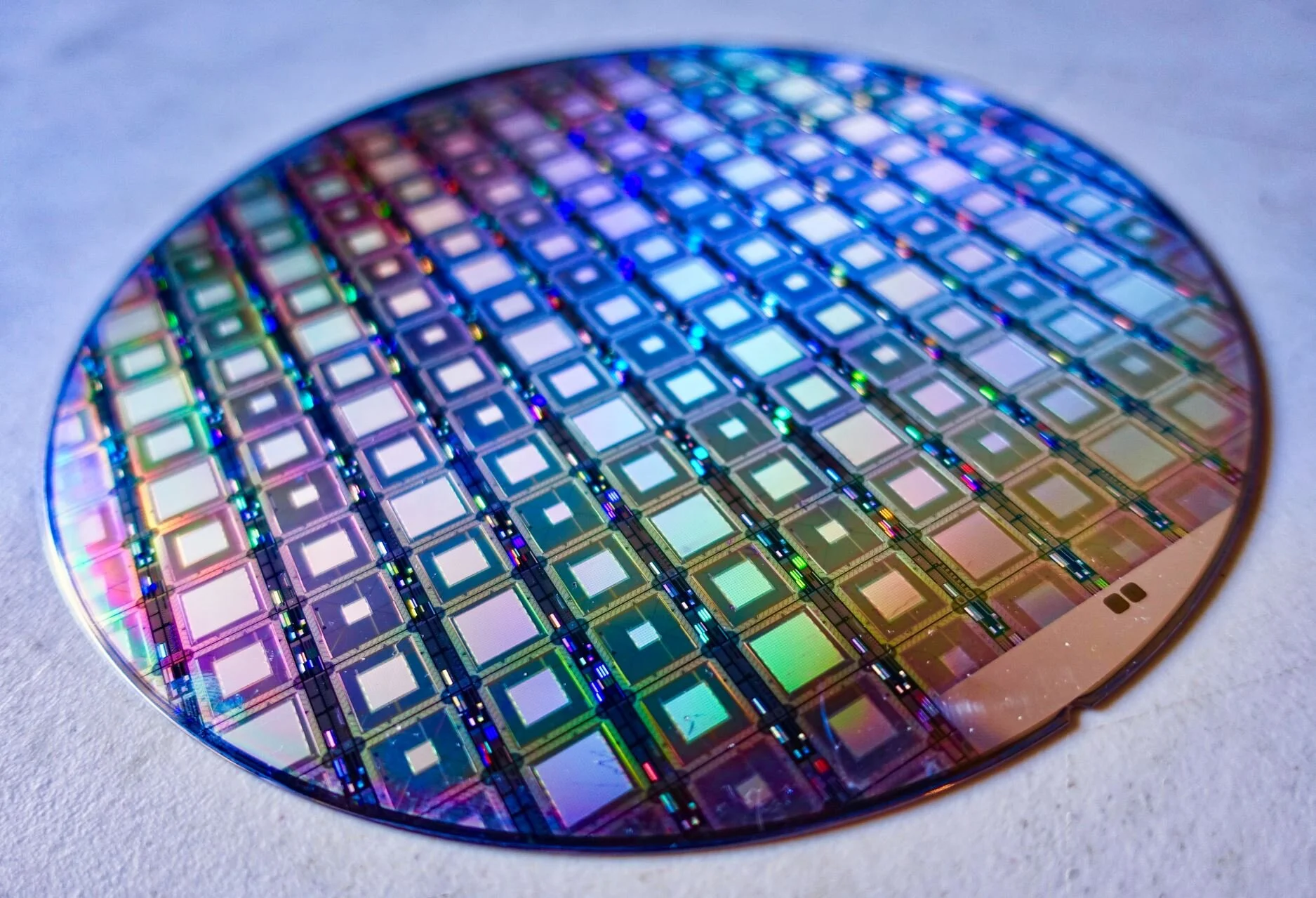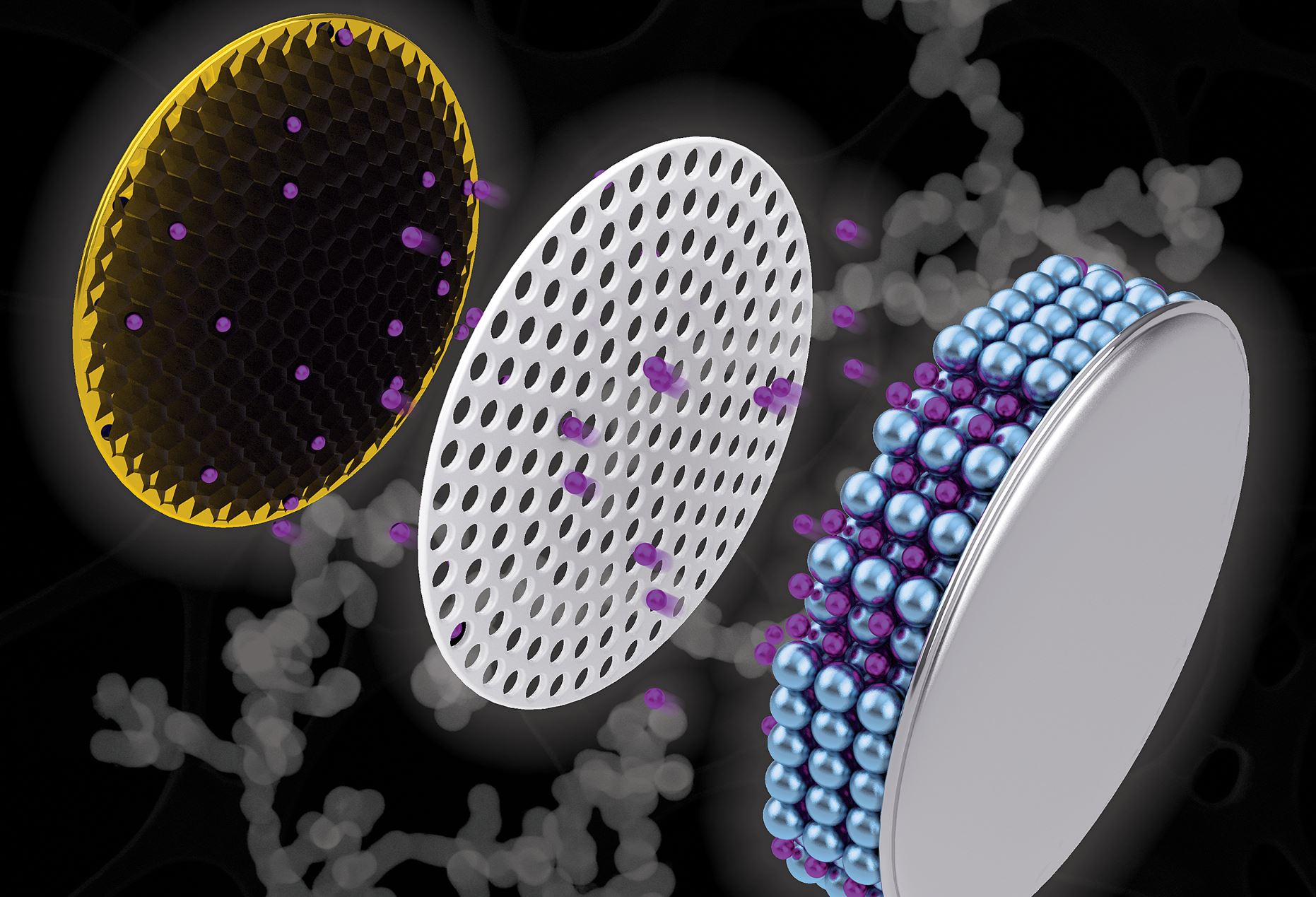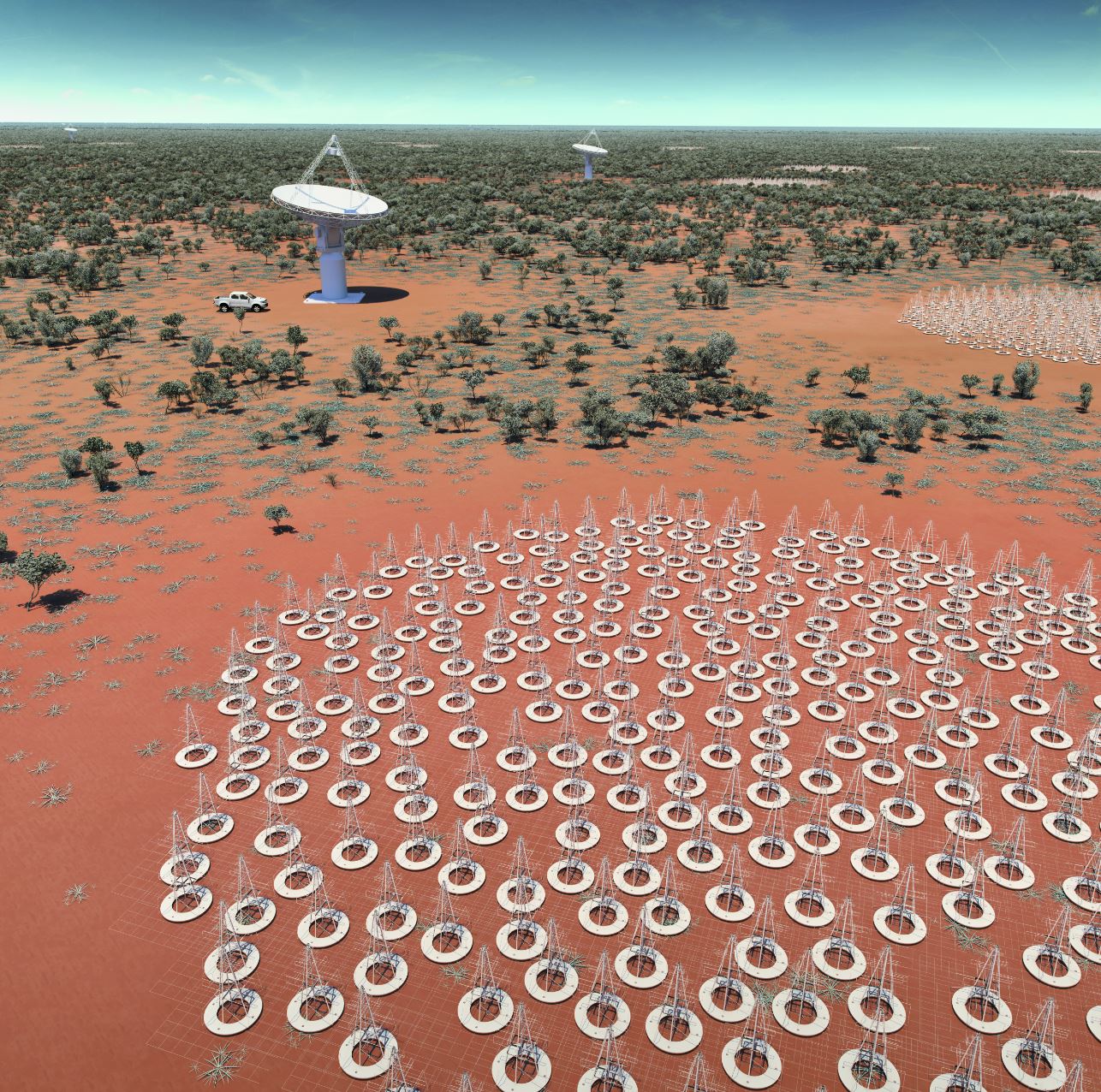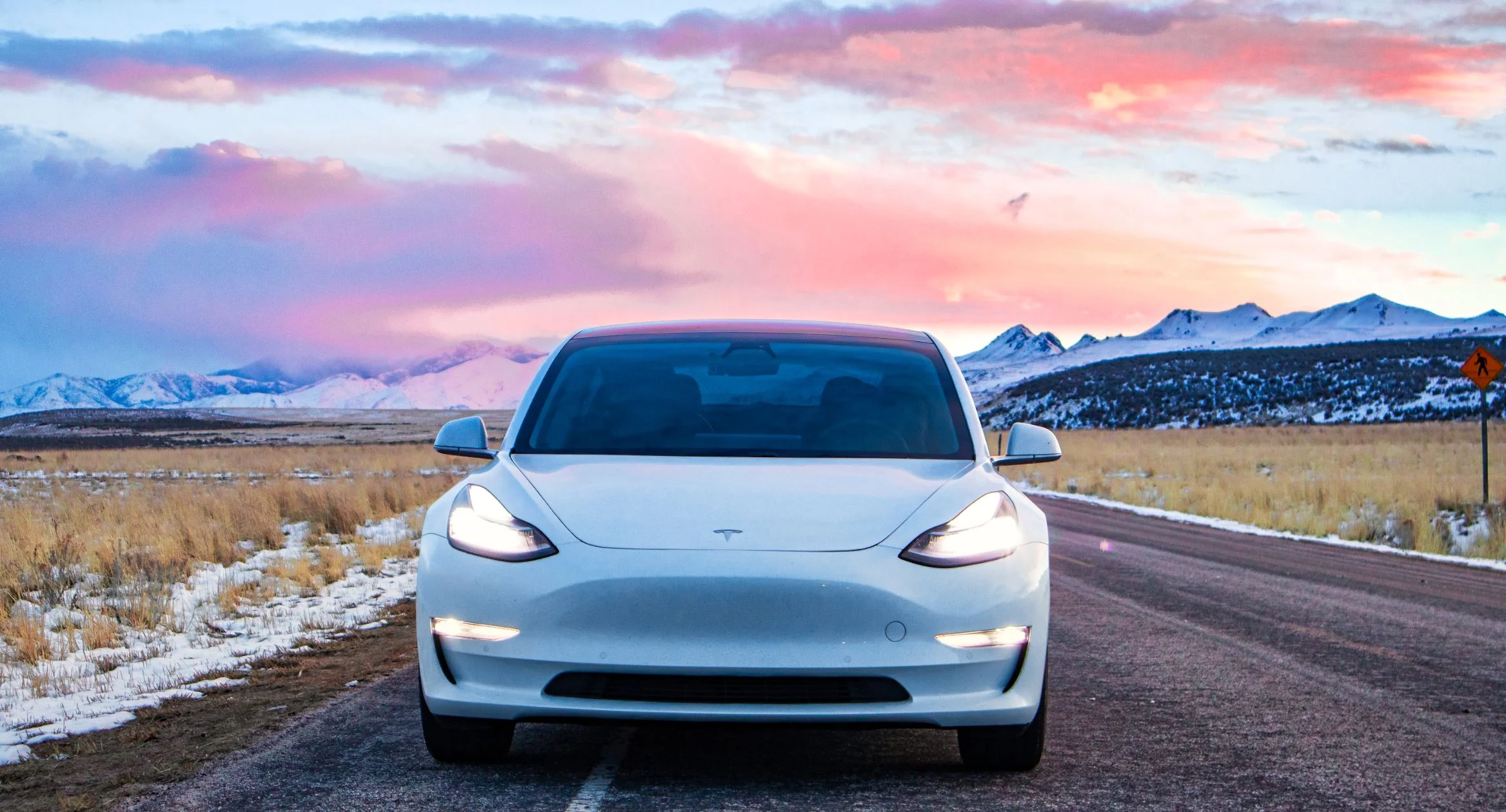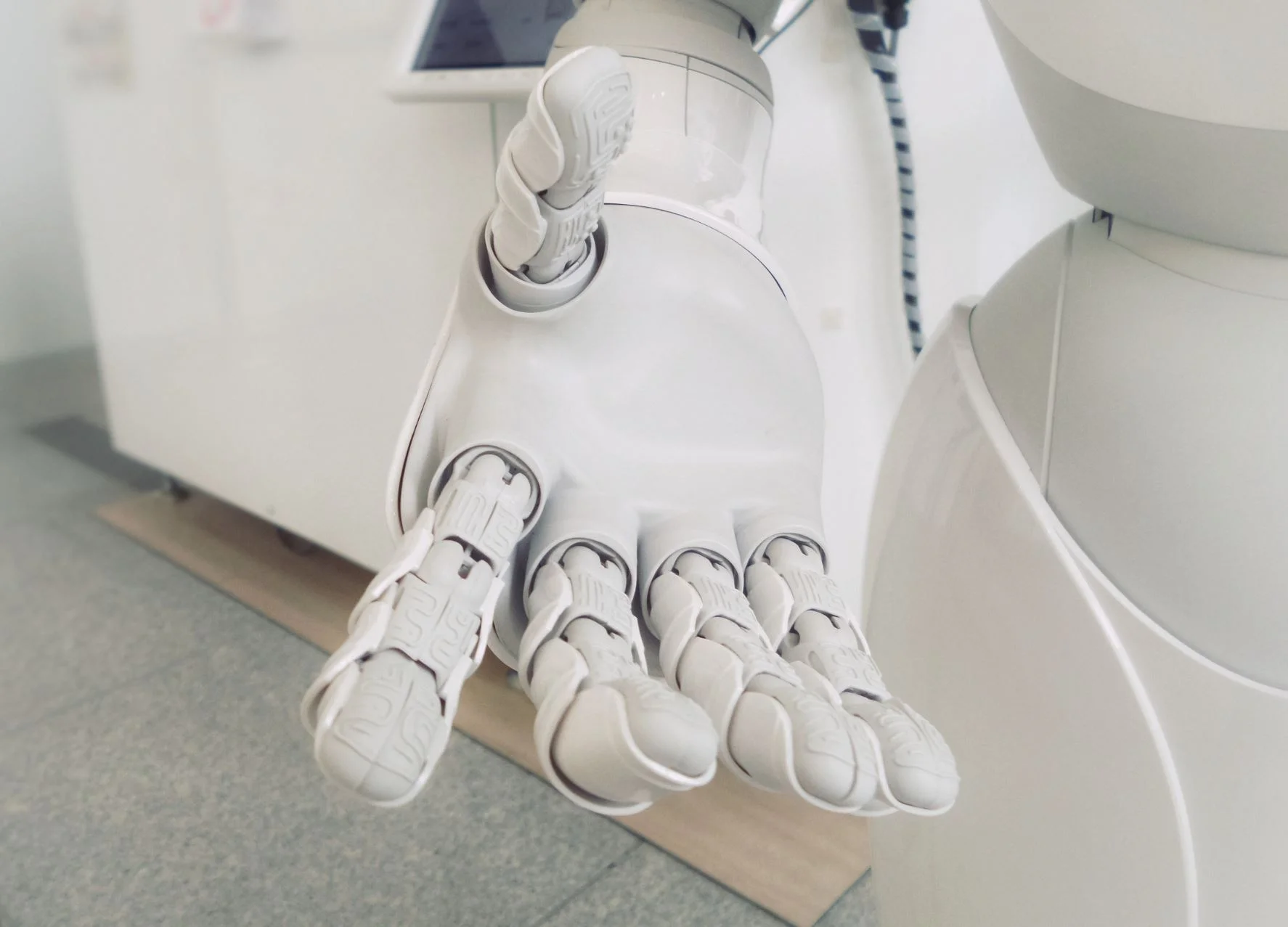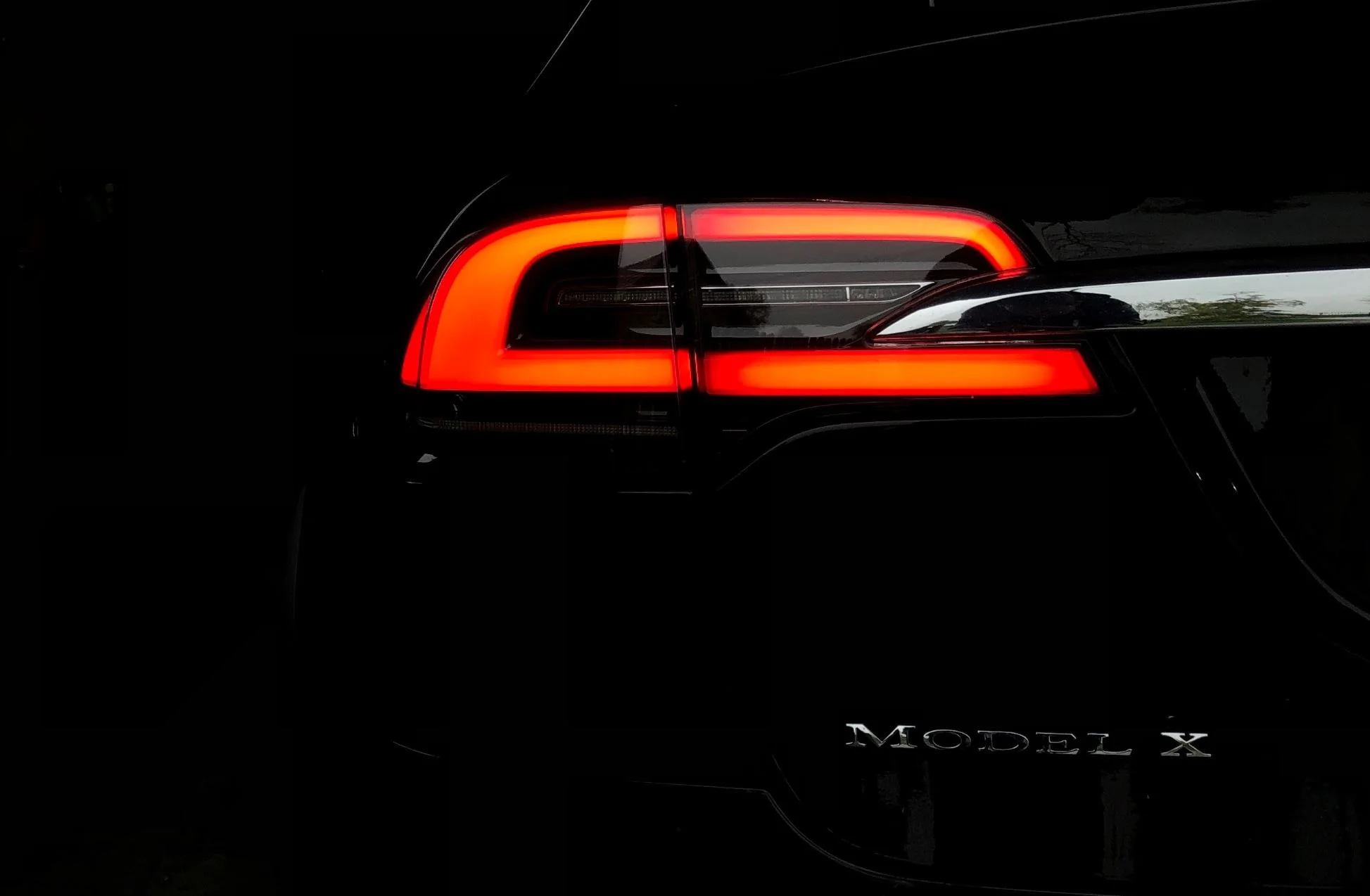News and background stories on technology
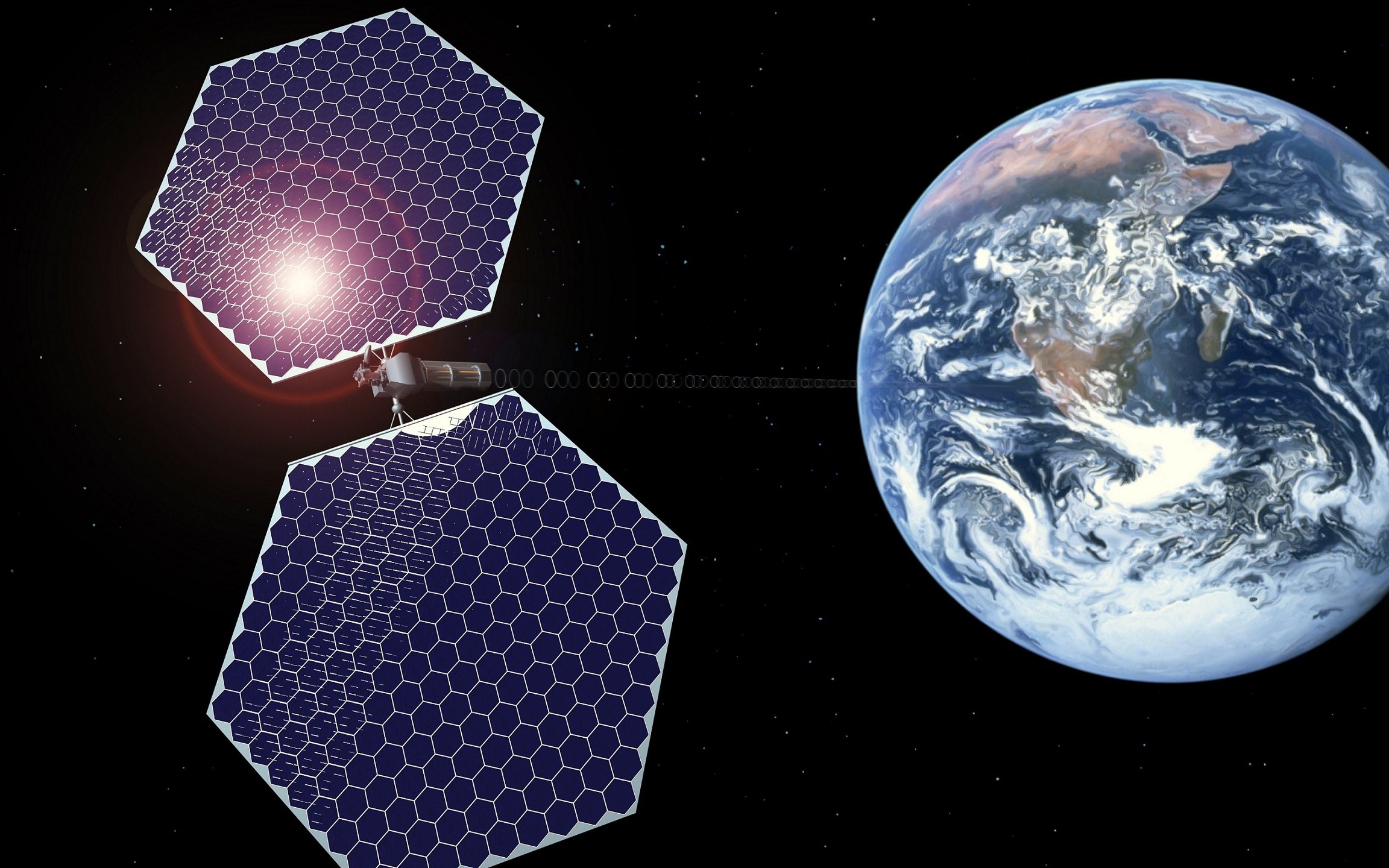
Imagine a field of microscopic flowers that can fold, unfurl, and even kick off a chemical reaction without a gardener in sight. Researchers at the University of North Carolina have at Chapel Hill built just such shape-shifting “soft robots,” and the most interesting part isn’t what they are, but what they might be able to do.
Researchers have developed advanced materials capable of naturally cooling buildings, significantly reducing energy consumption and lowering utility bills.
Researchers have developed a 3D-printed sponge-like material that uses sunlight to turn seawater into drinkable water, no electricity required. This new aerogel could make clean water cheaper and more accessible for communities worldwide.
Scientists at the University of Manchester and The Australian National University have created a new molecule that may soon enable ultra-compact hard drives about the size of a postage stamp by allowing data to be stored at 100 times the density of current technologies.
Researchers at the Delft University of Technology in the Netherlands discovered that rechargeable lithium-ion batteries can last much longer by adjusting their composition in a clever way.
Researchers explored whether violins crafted from carbon fibers can truly rival the acoustic excellence of their traditional wooden counterparts.
University of Liverpool researchers unveil a groundbreaking non-toxic, earth-abundant material poised to revolutionize rechargeable battery technology, promising safer, more efficient energy storage solutions
In an amazing leap forward for science, European researchers have smashed their previous record in creating fusion energy.
Among the most frequently encountered types of batteries in everyday life are lithium and alkaline varieties. But what exactly sets these two apart?
IBEC researchers have created nanorobots that reduce bladder tumors in mice by 90%. Published in Nature Nanotechnology, this innovation promises a more effective, less invasive treatment for bladder cancer.
Cambridge scientists created an innovative floating device that harnesses solar power to convert contaminated water and seawater into clean hydrogen fuel and purified water.
From roses to rain, our sense of smell connects us intimately to the world. But what if machines could not only mimic but surpass our olfactory abilities?
Researchers have developed a brain-computer interface that allows a paralyzed woman to communicate through an avatar, converting brain signals into speech and facial expressions, with aspirations to create a wireless version for greater user independence.
Researchers have developed an all-season thermal cloak for electric vehicles that passively lowers vehicle temperature by 8°C during hot days and increases it by 6.8°C during cool nights, potentially improving battery lifespan significantly.
Imagine a world where metals self-heal without human intervention, where bridges, planes, and engines maintain their structural integrity over time. Sounds like science fiction, right?
Solar Power Satellites offer a tantalizing possibility an endless supply of clean, green power, available day and night.
The future may not be defined by silicon chips but rather by an intriguing new concept where laboratory-grown "brains" function as the biological hardware of cutting-edge computers.
Imagine a future where Europe gets its renewable energy not from wind farms or solar panels on the ground, but from an array of high-tech satellites hovering in space. This isn't the premise for a science fiction novel - it's a reality that the European Space Agency (ESA) is striving to achieve with their ambitious SOLARIS project.
Taking inspiration from the remarkable abilities of human skin, scientists at Stanford University have made a significant breakthrough in synthetic skin technology.
Scientists at North Carolina State University have developed a cutting-edge electronic patch for plants that may help improve global food security in the future.
Austrian researchers developed an oxygen-ion battery with regenerative capabilities, offering a long service life and eco-friendly alternative for large-scale energy storage systems.
What if we would like to determine whether we are actually living in a simulation or not?
A dutch utility company started a three-year pilot replacing natural gas with hydrogen gas, transported via the existing grid in the small town of Lochem.
Scientists at the Austrian Johannes Kepler University in Linz have successfully developed a biodegradable substrate using mushroom skin
Artificial photosynthesis just got ten times more efficient: will it be the solution to our need for alternative fuels?
Scientists have taken an important step toward the industrial production of hydrogen panels.
MIT scientists created an autonomous underwater camera that is about 100,000 times more energy efficient than conventional underwater cameras and requires no battery.
A team of Swiss scientists has been inspired by nature to develop a new construction method that can be used in disaster relief and building and maintaining structures in very hard-to-reach places like tall buildings.
Researchers from the Massachusetts Institute of Technology (MIT) developed a noninvasive patch that can generate excellent, real-time images of organs for a period of two days.
Featured Technology Related Articles:











